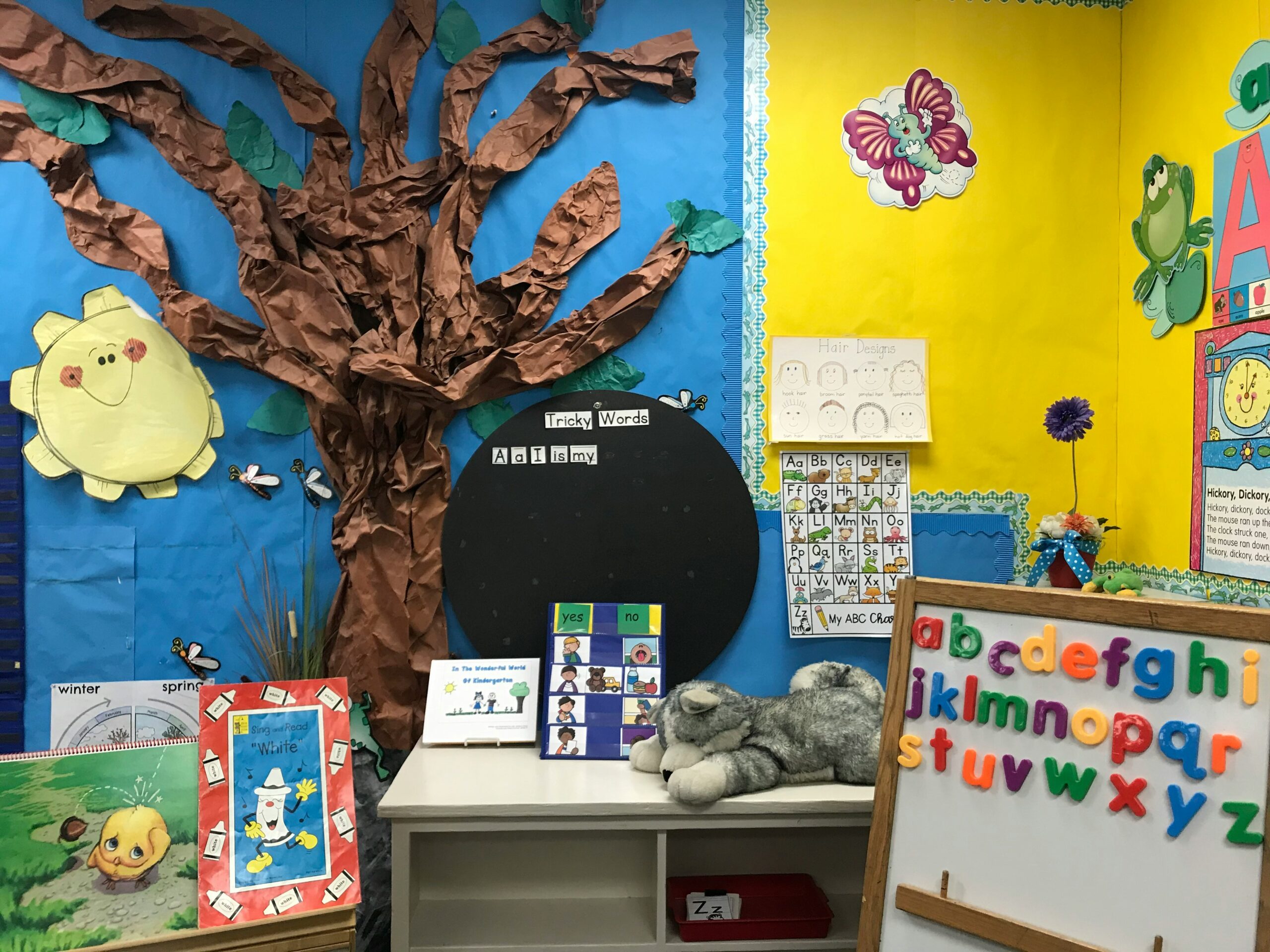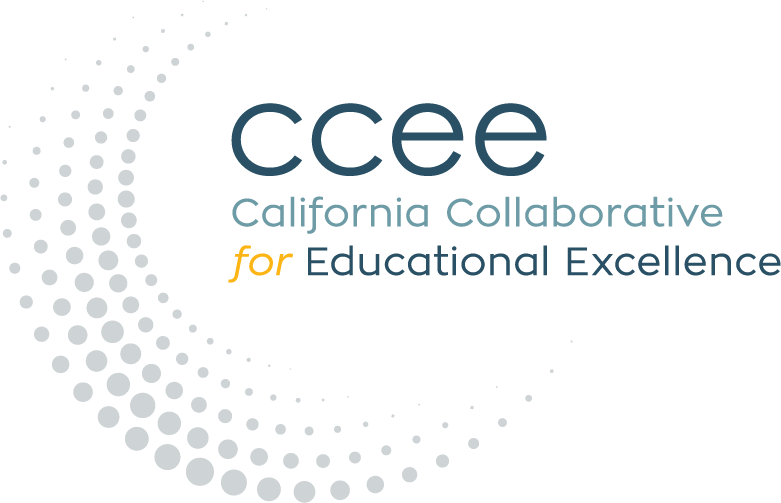Category: NEWS & EVENTS
Friday Feature – Transforming Special Education: First-Year Successes
CCEE Connection (Fall 2024)
News & Announcements
Community Engagement Initiative 1.0 Final Report
Highlighting the first phase of the Community Engagement Initiative (CEI)’s accomplishments and impact, the CEI 1.0 Final Report demonstrates significant accomplishments and lays the groundwork for future development. The report is a testament to the collective efforts of LEAs in building capacity, fostering trust, and improving outcomes for our students through robust community engagement. The CEI team is excited to build upon this work and continue to provide resources and support to strengthen community engagement across the state.
The IEP Expert Panel
The IEP Expert Panel, facilitated by CCEE, has concluded its work as outlined in the Budget Act of 2022 AB 154, Section 32, culminating in a final written report that includes a proposed CA IEP template and recommendations for implementation. The final report was sent on June 28, 2024, to the relevant policy committees and budget subcommittees of the Legislature, the Executive Director of the State Board of Education, and the Director of Finance.
System of Support Core Working Group Report
The SSOS Core Working Group report was released Thursday, July 11th. This report has been a collaborative, two-year effort made possible by the incredible commitment of time and energy of a variety of diverse educational leaders across the state.
Leadership Institute
The CCEE, in collaboration with the Small School Districts Association (SSDA), is excited to kick off another year of the Leadership Institute! This year we will continue to focus on communication, leadership, and networking. Register today!
In Case You Missed It
Rising from the Margins
This compelling podcast series explores the transformative journey of California’s economically challenged schools through the lens of the California Collaborative for Educational Excellence’s Intensive Assistance Model (IAM) pilot project.
Looking AHEAD
Online Literacy Courses Virtual Community of Practice
Looking for a way to supercharge your literacy teaching skills?
Contra Costa County Office of Education invites educators statewide to dive into our no-cost online courses with Project ARISE and engage in a virtual community discussion. Join this dynamic opportunity to discuss classroom implementation, share insights, and discover concrete examples alongside peers. This is your chance to enhance your learning experience and bring innovative practices into your classroom. Ready to make an impact? Join us on this exciting educational journey!
Click here for more information on registration, topics, and schedule.
OPEN DOOR SESSION
Is extreme heat on your school playgrounds becoming an increasing challenge? Join us on September 10 from 2 to 3 PM to discover how the Pasadena Unified School District and Long Beach Unified School District have tackled this challenge by greenifying their schoolyards. (Registration link)
Resources
A collection of resources, tools, webinars, videos, and data dashboards developed by County Offices of Education across the state to support local education agencies in developing LCAPs that promote data-informed goal setting, collaboration, engagement, transparency, continuous improvement, and equity.
With this tool, County Offices of Education, districts, charter schools, Special Education Local Plan Areas, and other educational partners, can find information about state-funded initiatives and resources to employ best practices, facilitate improvement plans, and improve student outcomes.
This tool for systems change walks you through six foundational components that will identify in what areas your LEA is doing well, opportunities for improvement, and it will help your LEA determine where best to start system improvement efforts.
About the Teaching, Learning, and Leading Center (TLLC)
Our team works in alliance with educators to improve teaching, learning, and leadership so every student is inspired and prepared to thrive as their best self.
About the CCEE
The California Collaborative for Educational Excellence is a statewide leader delivering on California’s promise of a quality, equitable education for every student.
Executive Director’s Corner
What is the Work of the CCEE?
By Matt J. Navo, Executive Director, CCEE
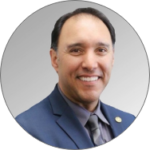
Many educators ask the above question and the answer is broad in scope but narrow in focus. The CCEE is charged with understanding local educational needs in California and aligning those needs with its efforts. This alignment ensures that Local Educational Agencies (LEAs) receive support and services from the CCEE and the Statewide System of Support (SSOS) to meet their Local Control and Accountability Plan (LCAP) goals.
By identifying and addressing unique universal, targeted, and intensive supports, resources, and services, the CCEE and SSOS can help bridge achievement gaps, enhance equity, and promote student success across the state.
If you are an educator, learning about the SSOS and CCEE is essential. To learn more, please see the following links: CCEE and SSOS.
Being Intentional and Focused – It’s Not Easy!
By Stephanie Gregson, Ed.D., Deputy Executive Director, CCEE

As we gear up for another school year, it’s time to embrace the noble art of staying focused, especially when it comes to LCAP goals. Staying focused and intentional in our actions is not merely a strategy but a mindset and it’s hard to shift. It’s extremely difficult to shift mindsets amidst new initiatives and evolving policies. This shift requires a blend of courage, determination, intentionality, and perseverance. The courage to ask yourself and your team: are all our initiatives, strategic plans, and LCAP goals aligned? How do we know what we are doing is working? Do we have the courage to let go of those actions that are not improving outcomes for students? The determination, intentionality, and perseverance to let go of those actions not improving student outcomes and to stay focused on what is improving outcomes for students. This isn’t easy but it is what our students deserve from us.
The Hard Work of Staying Focused
By Craig Wheaton, Professional Expert, CCEE
Distractions! They come from all directions. In the day-to-day work of improving student outcomes, addressing distractions without derailing district initiatives and goals is much harder than it may appear.
Mount Diablo Unified School District (MDUSD), as outlined in the district’s Local Control Accountability Plan, has focused on accelerating Math learning for the last several years. This focus has resulted in system alignment, changes in classroom instruction, and a renewed emphasis on instructional leadership. You can see a difference in professional development, instructional practices, in principal leadership, and in overall district coherence and system efficacy.
What we have learned in working with MDUSD is that it is easy to get caught up in the next “important” area of need, there are so many. They can be a distraction. The hard work is to stay focused so that the improvements that are in place are sustained, replicated, and expanded.
Stay focused on system improvement, establish conditions needed for sustainability, document improved student outcomes before moving onto another area for improvement. The key is to develop a system capable of continuous improvement, not to tackle so many goals that you don’t achieve any of them. Avoid distractions!

Continuous Improvement & Accountability: Embracing Familiarity, Flexibility, & Functionality
By Sandy Pugliano, Assistant Director of Continuous Improvement & Accountability, Santa Clara County Office of Education
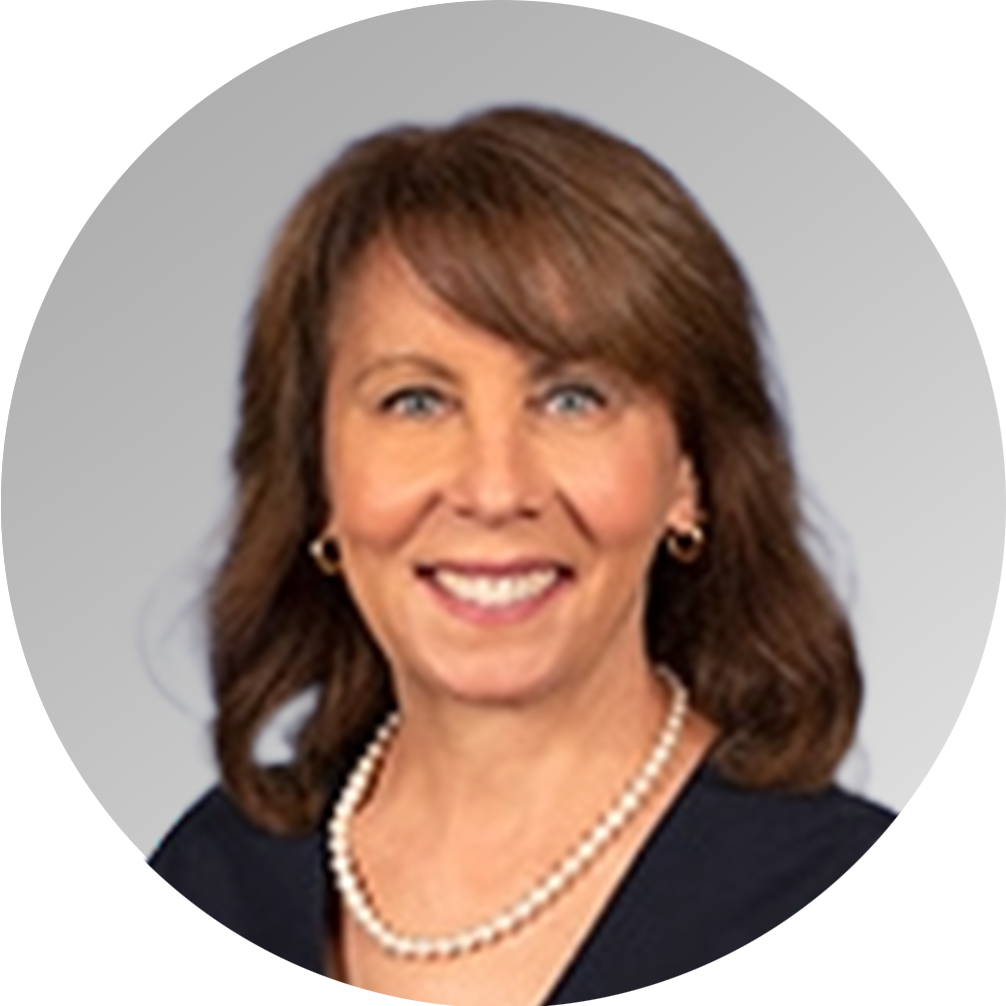
Santa Clara County Office of Education’s Differentiated Assistance model is grounded in three core principles: Familiarity, Flexibility, and Functionality.
Familiarity – Building trusting relationships with LEAs is accomplished by providing each eligible district with a dedicated DA Coach. The coach works closely with the district’s improvement team to guide the improvement process. This same coach supports the district as they develop their Local Control & Accountability Plan. This integrated approach helps the district implement a cohesive approach across DA & the LCAP.
Flexibility – DA support is provided through quarterly DA Improvement Networks (DAIN) monthly 90-minute coaching calls and monthly 30-minute Huddles. The content of DAIN meetings is explicitly designed based on the expressed needs and focus areas of our districts. The individualized coaching & huddles allow us to customize guidance and address specific challenges and opportunities as they arise.
Functionality
SCCOE has created a Differentiated Assistance Hub which is a curated collection of resources that LEAs can use on-demand. Additionally, we are launching three Community of Practice opportunities focused on Attendance, ELA, and Suspension. The CoPs will support cross-district collaboration as they work towards a common goal.
Meaningful, impactful, and tailored support to meet the needs of each district is central to our work.
Accelerating Excellence: Insights and Opportunities from the Learning Acceleration System Grant (LASG)
The LASG offers evidenced-based professional education for educators that can support learning acceleration, particularly in mathematics, literacy, and language development to enable all students to make strong and rapid progress towards mastery of knowledge and skills. As we embark on our fourth year of the grant, we invite you to dive into our dynamic new professional learning opportunities, explore valuable lessons learned, and uncover compelling data showcasing the LASG’s profound impact on educators, students, and educational systems alike. Join us on this journey of innovation and achievement!
LASG Evaluation: Year 3 Insights
Dive into the latest findings from the LASG Evaluation Team! This executive summary memo, focusing on data collected during 2023–24, builds upon previous findings to illuminate progress toward grant goals. Following on from the second-year interim memo, this report delves deeper into how the LASG is transforming educational practices and student outcomes. Explore our data-driven approach to innovation and equity in education.
Seize Professional Development Opportunities with the Learning Acceleration System Grant!
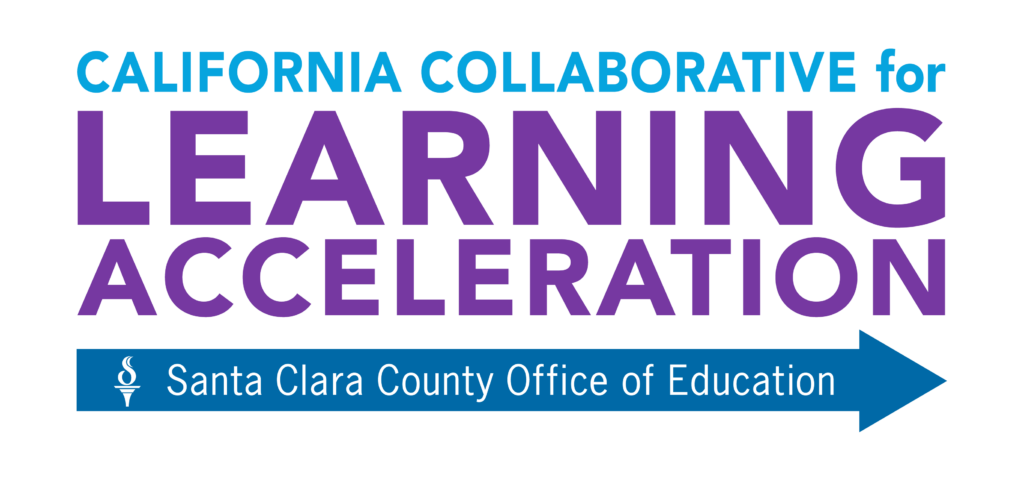
| Save the Date for the 2024-2025 CCLA Virtual Math and Literacy Workshops and Third Annual Summit! |
Please visit the CCLA website for more information on registration and their workshop schedules.
Join us to:
– Create accelerated learning opportunities that are engaging, culturally relevant, and personalized to build student agency
– Utilize effective formative assessment strategies to know where your students are and where they are going
– Design transformative experiences that value and elevate moments with students
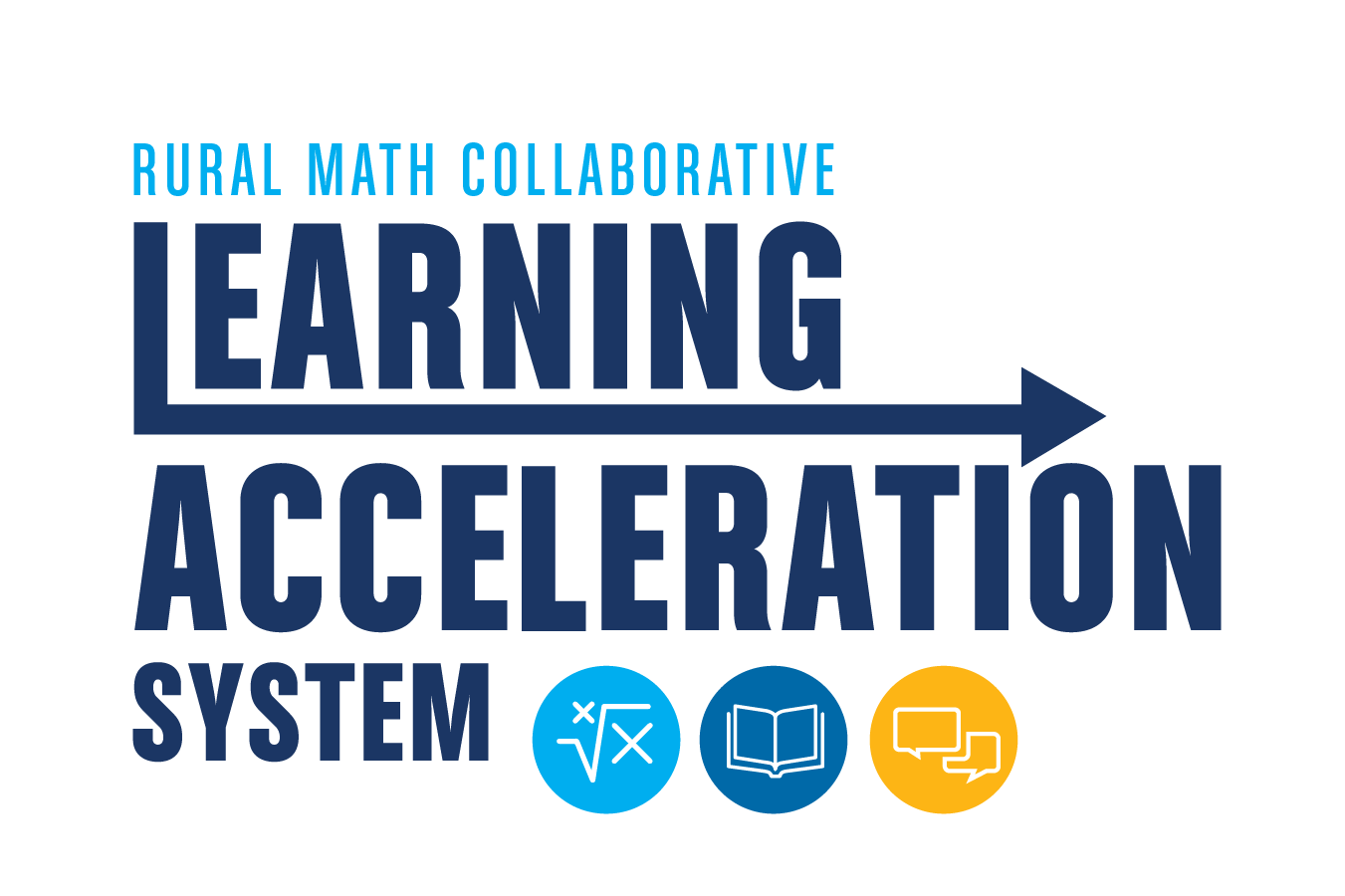
| The Rural Math Collaborative: Empowering Educators with PD Aligned with the New Math Framework |
To learn more about how the Rural Math Collaborative transforms math education in small, rural LEAs read, Rural Math Collaborative: Providing tailored programs and strategies to boost math achievement
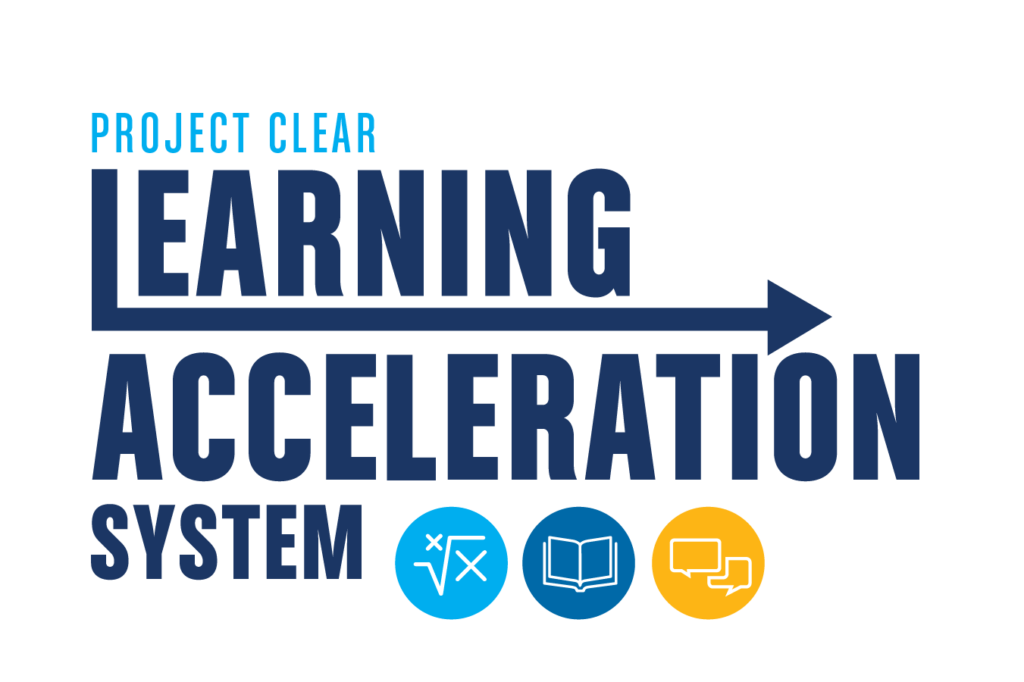
| Unlocking Potential: Project CLEAR Literacy Intervention Opportunities |
Friday Feature – Celebrating the Launch of the New SSOS Brand and Website
Development and Delivery of Resources and Services to Support CCEE Communication Activities
DESCRIPTION
The California Collaborative for Educational Excellence (CCEE) and the Marin County Office of Education (MCOE) are issuing this Request for Proposals (RFP) to seek qualified organizations to develop and deliver communication resources and services. These resources will support CCEE’s strategic communication goals, focusing on increasing awareness of CCEE’s offerings, elevating its value as a partner to local educational agencies (LEAs), and building deeper relationships within the California TK-12 education community.
This RFP invites proposals that address the following areas:
- Digital Presence and Content: Creation and management of web and social media content, search engine optimization, and the development of microsites to enhance CCEE’s digital footprint.
- Outreach and Engagement: Strategies to engage LEAs, educational partners, and other stakeholders through newsletters, email campaigns, and direct outreach.
- Events and Workshops: Planning and coordinating events such as webinars, workshops, and open-door sessions that facilitate stakeholder collaboration and knowledge sharing.
- Reporting and Analysis: Development of reports, impact statements, and analysis of communication efforts to measure their effectiveness and alignment with CCEE’s goals.
- Support and Feedback: Tools and methods to gather feedback, assess stakeholder needs, and improve communication strategies based on that feedback.
The selected Respondent will collaborate with CCEE staff to design, implement, and evaluate communication strategies that align with CCEE’s Theory of Action and strategic objectives.
Proposals Accepted Through: Thursday, May 1, 2025, at 4:00 p.m. PST
REQUEST FOR PROPOSALS (RFP)
QUESTIONS FROM RESPONDENTS (Post Date: Friday, August 16, 2024)
Point of Contact: Sehrish Anjum ([email protected])
Last Updated: Wednesday, January 29, 2025
NEW! SSOS Core Working Group Report
Friday Feature – Podcast: The Power Of Meaning At Fillmore Unified School District
Friday Feature – Podcast: Fillmore Unified School District
Development and Delivery of Resources and Services to Support the Community Engagement Initiative (CEI)
DESCRIPTION
The Community Engagement Initiative (“CEI”) was established by the California State Legislature and the Governor on June 27, 2018 (Section 140 of Assembly Bill No. 1808 (“AB 1808”), Chapter 32 of the Statutes of 2018).
The CCEE is seeking proposals to enhance multifaceted professional learning plans and resources aimed at deepening pupil, family, and community engagement. These plans should increase the knowledge and capabilities of local communities, educational agencies, and school staff. Proposals should address one or more of the following content areas, which may include but are not limited to:
- Training on how to discuss complex topics such as race, language, and disability, recognizing community expertise, and sharing power.
- Involving local educational agencies and school staff in these trainings to enhance their knowledge, skills, and dedication to improving engagement with pupils, families, and communities.
- Prioritizing the perspectives of pupils, families, and communities in decision-making processes.
- Using metrics to assess the effectiveness of community engagement within communities and school districts.
- Developing collaborations with community-based organizations.
CCEE is issuing this RFP to invite applicants to respond to one or more of the Content Areas and Methods of Delivery described above.
The selected Respondent will be expected to work closely with, and under the supervision of, assigned CCEE project staff to complete each of the activities outlined above, including the identification, review, development, and delivery of the professional learning resources, services and programs.
Proposals Accepted Through: Monday, September 2, 2024, at 4:00p.m. PST
REQUEST FOR PROPOSALS (RFP)
QUESTIONS FROM RESPONDENTS (Due By: Friday, June 7, 2024, at 4:00 p.m. PST)
NOTIFICATION TO THE PUBLIC (Post Date: )
Point of Contact: Jasmine Hennessy ([email protected])
Last Updated: Wednesday, May 29, 2024

